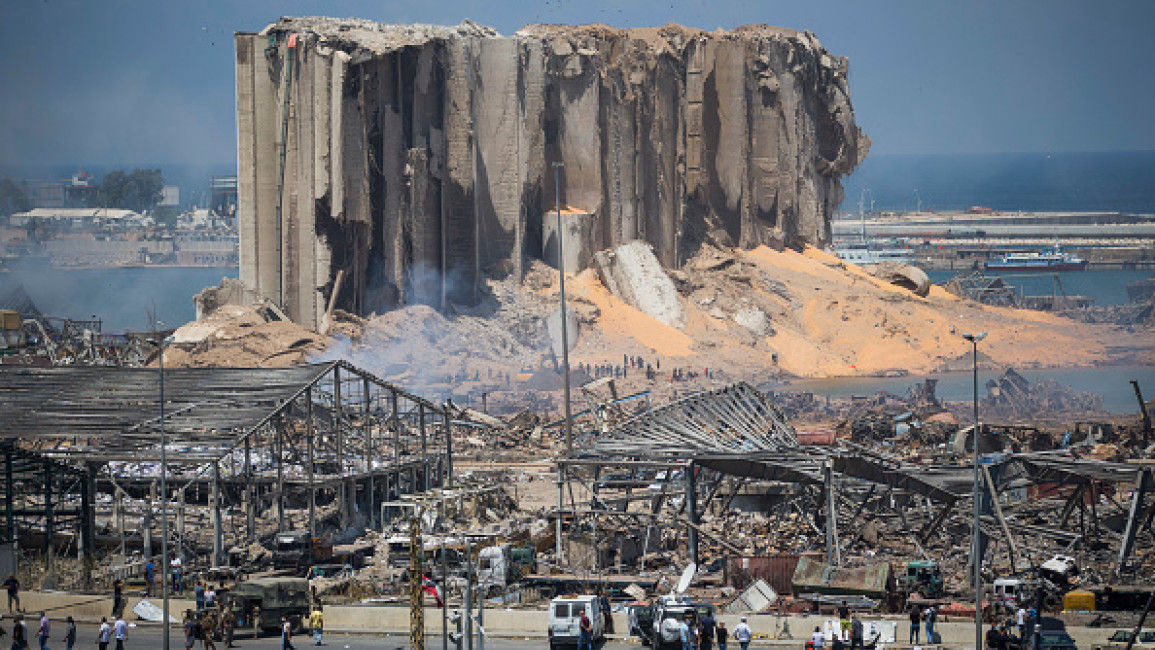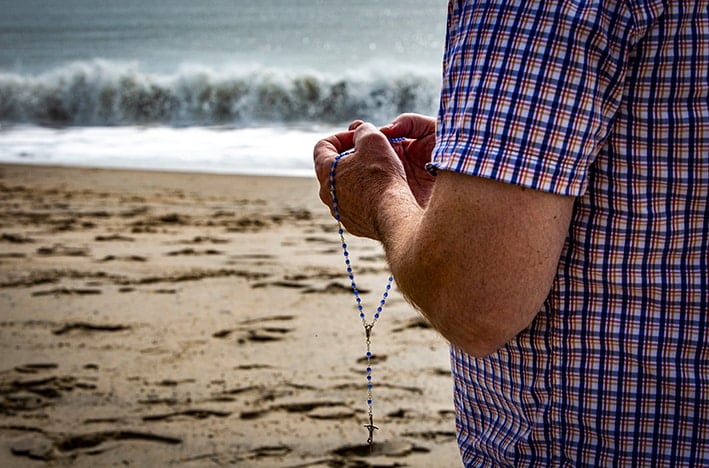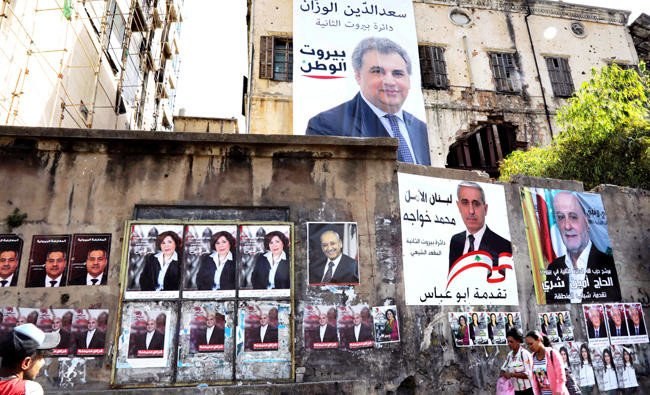
by english.alaraby.co.uk — Lebanon’s top Christian cleric said on Sunday the government should put an end to any meddling in the judiciary after the probe into last year’s vast Beirut port blast was halted by the latest of a series of complaints against the lead investigator. The investigation was frozen on Monday when a former minister wanted for questioning as a suspect filed a case questioning the judge’s impartiality. The move followed a smear campaign by Lebanon’s political class against Judge Tarek Bitar and a warning by a senior official of the powerful heavily armed Iran-backed Hezbollah group to Bitar that he would be removed.
Maronite Patriarch Bechara Boutros Al-Rai, who has been sharply critical of Hezbollah, said in a Sunday sermon that political pressure on Bitar weakened the authority of the judiciary and could put international aid for Lebanon at risk. “We cannot insist on the investigation in the port crime and not support the investigating judge and the judiciary,” al Rai said. “It’s true that the government should not interfere in the judiciary but it is it’s duty to intervene to stop any meddling in the affairs of the judiciary,” he added.

:quality(70)/cloudfront-eu-central-1.images.arcpublishing.com/thenational/JSX7GUV47JDPBB2GV65P5YAZVE.jpg)




